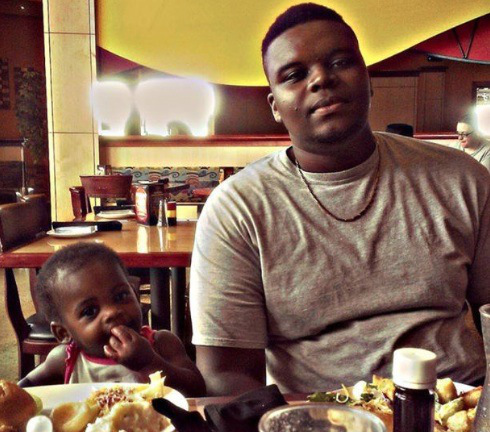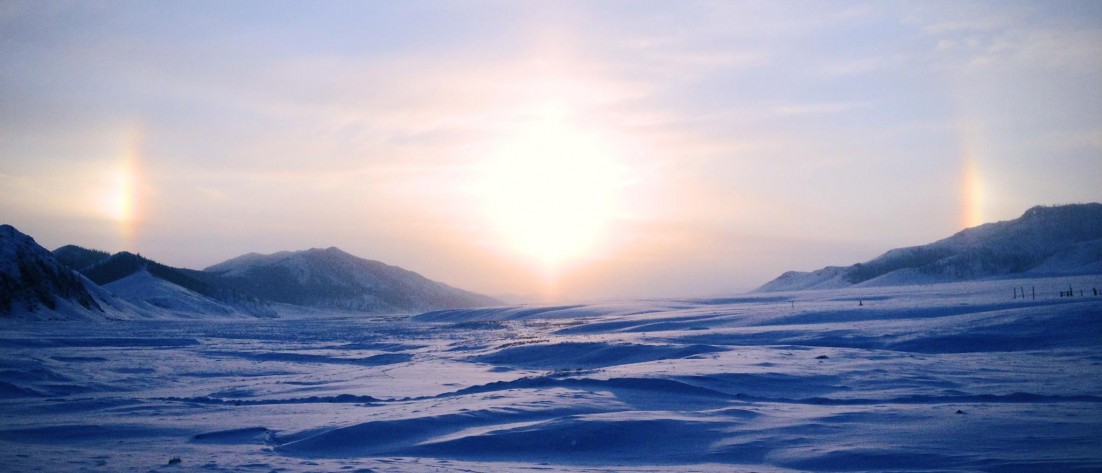As the readers who’ve never met me IRL may or may not know, I worked at a Boy Scout Camp in northern Wisconsin for three summers before my adventure in Mongolia. [1] My summers there were a big selling point in my Fulbright application process: I had worked extensively with horses (animals central to Mongolia’s culture); I had experience roughing it and making creative and resourceful use of limited supplies (as I would likely need to do in a non-first-world nation); I knew how to handle unruly teenaged boys unwilling to learn the material I was supposed to be teaching them. But even as I explained the experience and its many contributions to my skill set to my interviewers, I had no idea of the extent to which my years of scout camp would color my experiences in Mongolia.
Some background first: The staff at MaKaJaWan are not sleepaway camp counselors in the typical sense. We don’t sleep in cabins with randomized groups of kids; they come to camp as a troop, with at least two adults leaders to supervise them, and sleep on cots in platform tents. Instead, the staff focus on providing good program. We teach merit badge classes, run afternoon/evening activities, and keep the kids entertained in the dining hall, where we eat and talk with them and lead them in songs.
Yes, you read that right: Songs. It is indeed possible to get teenaged boys to do something as uncool as singing together. Every meal at camp ends with a staff-led song, most of which are ridiculous and all of which have accompanying hand gestures or full-body movements. After-breakfast songs tend to be especially movement-centric: “Alive, Awake, Alert, Enthusiastic” has hand motions, “Big Tub of Glue” involves clinging to a partner for balance, “Button Factory” and “The Penguin Song” result in full-body flailing while hopping, nodding, and sticking out your tongue, and “My Bonnie” and “The Grand Old Duke of York” involve copious amounts of high-speed sitting and standing.
I could go on about the lunch and dinner repertoire, but I think you get the point: I have an awful lot of these up my sleeve. And while I somehow managed to work at camp for three summers without once leading a song, I think I more than made up for that in Mongolia. Once I learned of the cultural importance Mongolians attach to singing, this stuff became my bread and butter.
As anyone who’s ever taught knows, songs are great warm-up and review activities, especially when they tie into the subject of your lesson. Teaching parts of the body? “The Hokey Pokey” and “Head, Shoulders, Knees and Toes” are classics, the former working especially well if you include nontraditional body parts like elbows, ankles, and so forth. Directions are a perfect time for “The Grand Old York” with MaKaJaWan’s typical side of TPR: stand for the word “up,” sit for “down,” half-squat for “halfway up.”
The grand old Duke of York,
He had ten thousand men,
He marched them up the hill and then he marched them down again.
And when you’re up, you’re up
And when you’re down, you’re down
And when you’re only halfway up, you’re neither up nor down.
For more basic classes, asked my students to identify the “b” sounds in “My Bonnie Lies Over the Ocean.” For every word starting with the letter “b,” I asked them to stand if they were sitting or stand if they were standing. As you can see, the song results in a lot of movement:
My Bonnie lies over the ocean
My Bonnie lies over the sea
My Bonnie lies over the ocean
Oh, bring back my Bonnie to me
Bring back, bring back,
Oh bring back my Bonnie to me, to me
Bring back, bring back,
Oh bring back my Bonnie to me
I was also fond of “The Bear Song” when teaching the past tense. This one’s much longer, so I usually printed out the lyrics with some of the words blanked out, sang it a few times and asked the students to fill in the blanks, and then asked them to identify the verbs in past tense. Not the most creative lesson plan, I’m afraid, but the kids liked the story and it surprise ending, as well as the repeat-after-me format, so I suppose that something. [2] If anyone has suggestions as to a more engaging way to teach this song, I’m all ears!
The other day
I saw a bear
A great big bear
Oh, way out there
The other day I saw a bear,
A great big bear oh way out there
He looked at me
I looked at him
He sized up me
I sized up him
He looked at me, I looked at him
He sized up me, I sized up him
He said to me
Why don’t you run
I see you don’t
Have any gun
He said to me, why don’t you run
I see you don’t have any gun
And so I ran
Away from there
But right behind
Me was that bear
And so I ran away from there
But right behind me was that bear
Ahead of me
I saw a tree
A great, big tree
Oh, glory be!
Ahead of me I saw a tree,
A great big tree, oh, glory be
The lowest branch
Was ten feet up
I’d have to jump
And trust my luck
The lowest branch was ten feet up
I’d have to jump and trust my luck
And so I jumped
Into the air
But I missed that branch
Oh, way up there
And so I jumped into the air
But I missed that branch oh way up there
Now don’t you fret
And don’t you frown
‘Cause I caught that branch
On the way back down
Now don’t you fret and down’t you frown,
‘Cause I caught that branch on the way back down
That’s all there is
There is no more
Unless I meet
That bear once more
That’s all there is, there is no more
Unless I meet that bear once more
And, of course, my favorite song to teach never had anything to do with the curriculum at hand, but the kids enjoyed it because it was just fun to do.
Little cabin in the woods
Little man by the window stood
Saw a rabbit hopping by
Knocking at his door
“Help me, help me, help!” he cried,
Before the hunter shoots me dead
“Little rabbit, come inside;
Safely you’ll abide.”
The bolded words all have accompanying hand motions, which the kids know quite well by the time you’ve finished singing: The song is sung not once through, but nine times. The first time you sing the entire thing; the second, you skip the word “cabin,” doing only the hand motion; the third, you sing neither “cabin” nor “window,” and so on, until every bolded word has been replaced by silent gestures. Because competitions always went over well, I often added the rule that everyone had to stand at the beginning, and anyone who sang out of turn would have to sit down. This was, of course, all but impossible to enforce, but as it made the kids pay closer attention, I considered its purpose served.
In the end, I don’t know how much my students actually learned from these songs. In teaching them, I learned the Mongolian words for “bear,” “hunter,” “rabbit,” “ocean,” “up,” and “down,” so I hope they learned at least that much in English. But I do know that my students were always happier and more engaged when working on songs than the exercises printed in their books, and so I consider that a success. It helped me to combat my own homesickness as well, and I get a kick out of the idea that there are kids in Mongolia who might still remember a few American camp songs.
Fellow English teachers, I’m curious: What are your favorite songs to teach, and how do you work them into your lessons? Non-teachers, what songs are central to your memories of childhood?
[1] IRL friends all know this because I won an entire drawer full of shirts and hoodies bearing the words “MaKaJaWan Scout Reservation,” and wearing any of them invariably causes people either to tell me about their experiences at the camp, or to try and fail miserably at pronouncing the name.
[2] I do wish I’d been able to team-teach this song with a teacher who spoke better English, so that we could demonstrate, little-kid-copycat fashion, what “repeat after me” meant. Without a collaborator, this was often unexpectedly difficult to explain!
 This is Michael Brown, on the right. He was 18 years old when he was murdered by Officer Darren Wilson.
This is Michael Brown, on the right. He was 18 years old when he was murdered by Officer Darren Wilson. 